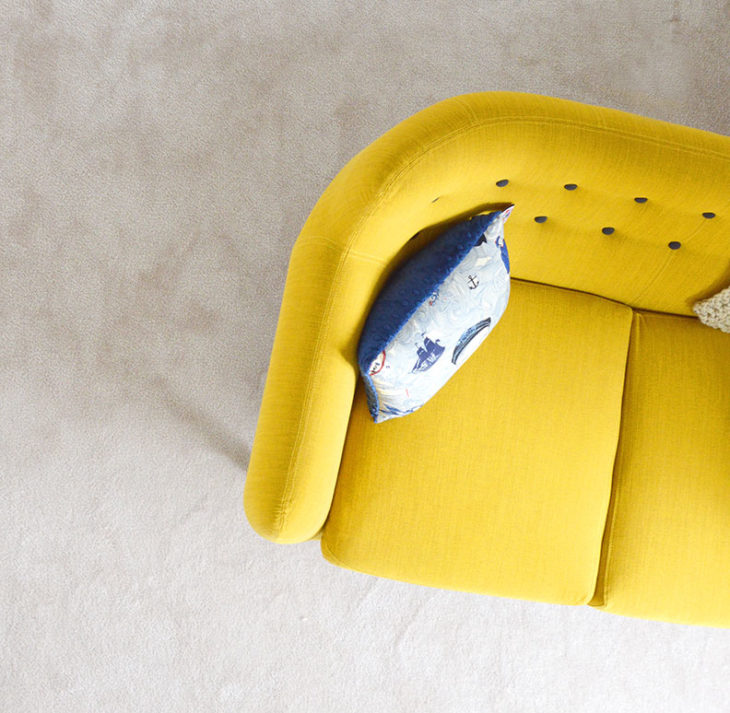Provided by Benjamin F. Edwards & Co. and Angela Wolfe
For generations of Americans buying a house was seen as a financial no-brainer. You’d save enough for a down payment, find the house of your dreams and make steady mortgage payments until the house was yours.
Today it’s not always so obvious whether it’s better to buy or rent. The simple rules of thumb aren’t so simple anymore. Whether you’re better off buying or renting will depend on your circumstances, but here are a few things to keep in mind:
In the short run, rent. In the long run, buy. Buying a home by definition means incurring a lot upfront costs that will take time to recoup. Besides all the fees that are associated with closing on a house, the first few years mean that your payments are going toward your loan’s interest, not principle. If you sell during that time for the same price as you paid, you probably won’t generate a return on your money.
In the long run, though, you do build equity in your house and your payments become a form of an investment. The question is figuring out how long it will take to get to that point. There are several free online applications that will help you calculate how quickly you’ll recoup your investment. Try them out before you hand over a down payment.
Don’t assume that your house will skyrocket in value. Part of what drove the housing market in the mid-2000s was the way home values jumped dramatically from year to year. Combined with low interest rates, it was an easy investment decision. Now it’s not clear that homes will appreciate at the same rate in the foreseeable future. The home you buy could go up in value — or it could go down. So while in the long run your home is likely to be an investment, it may not produce as great a return as you’d expected in the past.
Don’t overlook other costs associated with home ownership. New homebuyers are often shocked at how much money the need to spend to maintain a house. Lawnmowers, snow blowers, drills — the costs add up. And when the water heater goes out or the air conditioning unit is on the fritz, there’s no landlord to come to the rescue. You’ll need to not only buy the replacements, but also arrange a time to meet the repairperson.
Compute the actual tax benefit. The federal tax code encourages home ownership, but it may be less of a benefit than you realize. For instance, the deduction available to you for your mortgage interest payments and property taxes along with your other itemized deductions has to exceed the standard deduction for it to be an economic benefit. That standard deduction typically rises year to year, so it may be important to find out how much of a benefit you can expect.
Consider how likely it is that you’ll want to stay put for many years. Previous generations of Americans expected to live in their same community for decades. Workers stayed at the same company until retirement, and their children were likely to remain in their hometown. Today, mobility is commonplace and social norms about housing are evolving as well. One factor you should consider when buying a home is whether you’ll stay where you are for years to come.
This article is provided by Angel Wolfe, a financial consultant at Benjamin F. Edwards & Co. in the Gulfport office, and was prepared by or in cooperation with Benjamin F. Edwards & co. The information included in this article is not intended to be used as the primary basis for making investment decisions nor should it be construed as a recommendation to buy or sell any specific security. Benjamin F. Edwards & Co. does not endorse this organization or publication. Consult your investment professional for additional information and guidance. Benjamin F. Edwards does not provide tax or legal advice.


